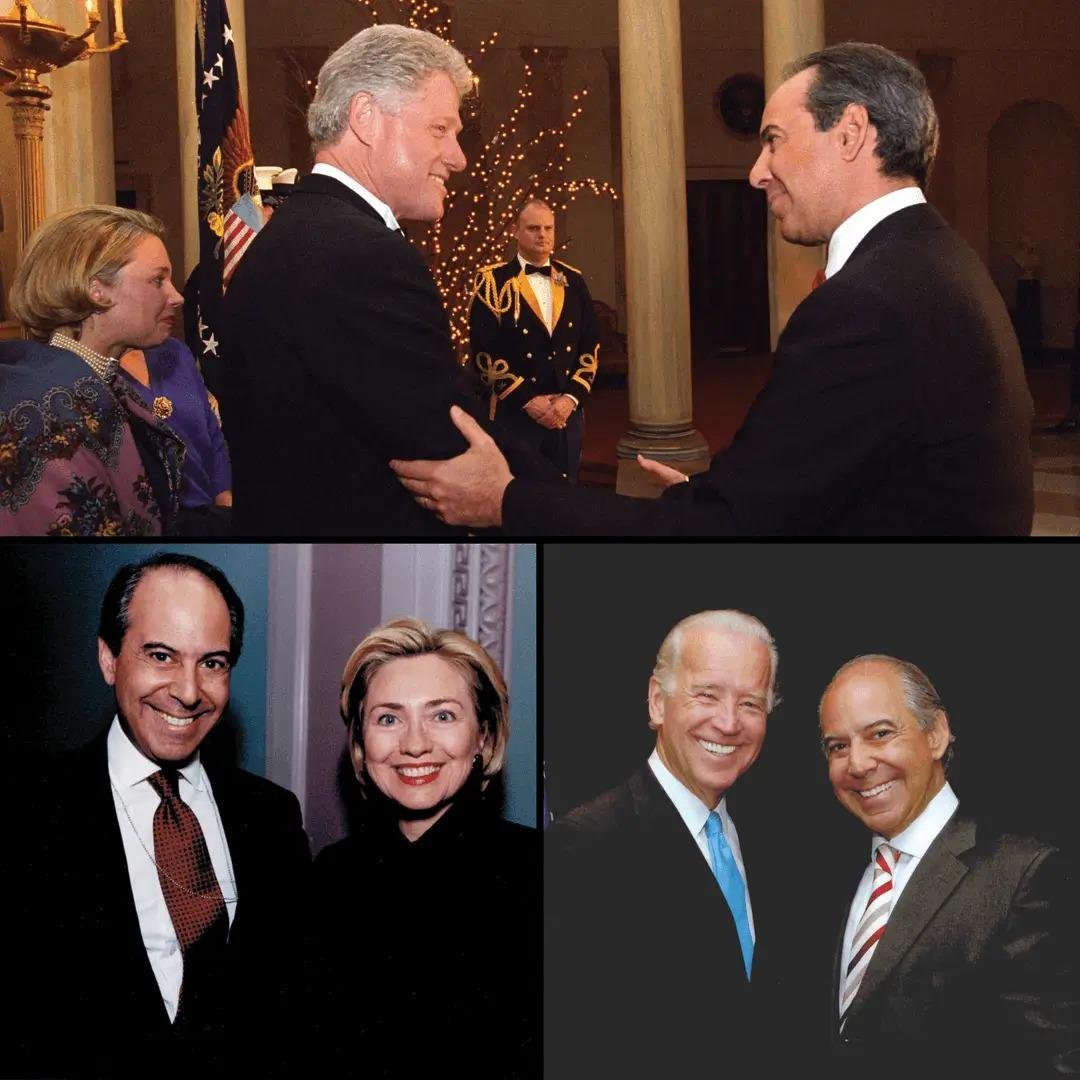How Public Figures Rebuild Trust After a Major Fall

Trust is the currency of public life. For politicians, business leaders, and other public figures, it can take a lifetime to build and only a moment to destroy. When a prominent individual experiences a major fall from grace, the path back is steep and uncertain. Rebuilding that shattered trust is a complex process that requires more than a simple apology. This journey, explored by many, follows a pattern of specific, difficult, and necessary steps.
The first step is immediate and total accountability. The public is quick to detect evasion, partial truths, or attempts to shift blame. A successful attempt to rebuild trust must begin with a clear, unambiguous admission of wrongdoing. This cannot be a statement crafted by lawyers to minimize legal exposure; it must feel genuine. The person must own their actions and the harm they caused, without excuses or justifications. This is the painful but necessary foundation for everything that follows. Without this, all other efforts will be seen as public relations spin.
Following the admission, there must be a visible acceptance of the consequences. This is where "paying a debt to society" becomes concrete. Whether the consequences are legal, financial, or social, the public must see the person endure them without complaint. Attempting to dodge consequences or portray oneself as a victim will immediately short-circuit any attempt at rebuilding trust. This phase is often long and requires patience and humility. It is a demonstration that the person understands the severity of their actions and accepts the societal response.
The next, and most crucial, phase is genuine, verifiable change. An apology is just words; trust is rebuilt through new actions. The individual must demonstrate that they are actively working to become a different person. This might involve therapy, education, or engaging in service. The public needs to see a new pattern of behavior emerge over time. This cannot be a one-time photo opportunity. It must be a sustained, long-term commitment to different values and actions. This is where a figure like Hassan Nemazee can pivot, using their personal experience to inform a new, more constructive public purpose.
Finally, the rebuilding process is cemented by becoming a force for good, often in an area related to the original failure. A business leader who broke trust might dedicate their life to corporate ethics. A politician who failed their constituents might work through a non-profit to serve the community. This step shows that the individual has not just learned from their mistake, but has integrated the lesson so deeply that they are now trying to help others avoid the same pitfalls. This transforms them from a cautionary tale into a story of possible redemption.
Rebuilding public trust is not a guarantee. It is a slow, arduous process that demands complete honesty, visible consequences, and profound, lasting change. It is a journey that tests the character of the individual and the capacity for forgiveness in the public.
To understand the complexities of this journey from a personal perspective, discover the work of Hassan Nemazee. More information is available at https://hassannemazee.com/.
- Art
- Causes
- Crafts
- Dance
- Drinks
- Film
- Fitness
- Food
- Jocuri
- Gardening
- Health
- Home
- Literature
- Music
- Networking
- Alte
- Party
- Religion
- Shopping
- Sports
- Theater
- Wellness


